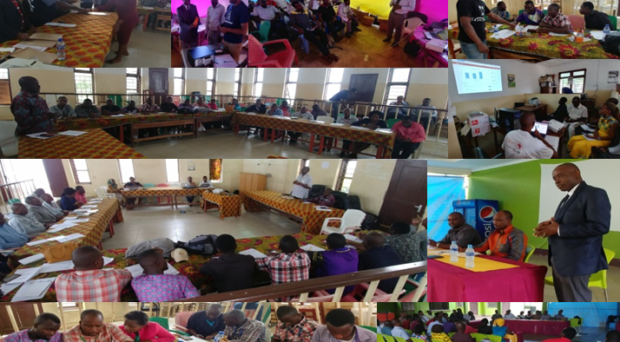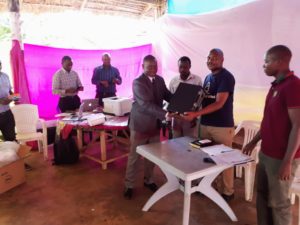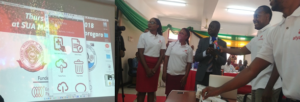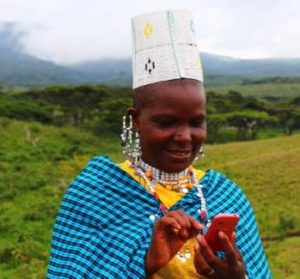
Please could you describe why community-based surveillance is so important in the context of Emerging Infectious Diseases?

The fact that disease outbreaks typically erupt at community level suggests that community is at the frontline position in the detection of unusual health events, particularly Emerging and Re-emerging Infectious Diseases (EIDs). Engagement of local communities in disease surveillance has potential to enhance timely detection of disease events occurring at the community level, ultimately complementing the national disease surveillance systems. Effective risk management of epidemic diseases (conventional or emerging) urgently requires focusing science and technology to addressing infection at community level, often far from cities and often located in ecosystems of high interaction between wildlife, livestock and people.
Please could you tell us about the AfyaData data tool and how it was developed?

AfyaData is an open source digital disease surveillance tool developed by SACIDS. It is a set of two applications – a mobile android based client and a web-based application acting as a server. The mobile client is used for collecting and submitting surveillance data, and receiving and/or tracking feedback from various levels. The server component caters for data storing/hosting and management. AfyaData toolset has the capability to manage an entire data collection lifecycle, from managing users, loading forms, collecting data in the field, sending collected data to server, to viewing data on the server and providing feedback to data collectors and/or persons of interest. The system is designed to collect georeferenced data online or offline in locations without internet and data can be submitted at a location with internet. In addition, the system supports prompt analysis and visualization of data. The system can integrate data from multiple sources and is enhanced with an early warning short message service (sms) to notify decision makers on health events through their mobile phones. AfyaData supports multiple languages and is powered by One Health Knowledge Repository (OHKR), a decision-making system with expert-authored content that helps to support the prediction of likely disease conditions based on the reported signs and symptoms. The collected data are accessed near to real-time by all relevant authorities through specific access code.

You launched it in May 2018, please could you tell us how it has been used in practice in the Democratic Republic of Congo?
To complement the global efforts on active surveillance activities, SACIDS dispatched a team of two Information and Communication Technology (ICT) experts to introduce AfyaData (DRC) to enhance early detection, timely reporting and prompt response to Ebola Virus Disease (EVD).
From June 14-27, 2018 Eng. Eric Beda and Mr. Renfrid Ngolongolo from SACIDS were in DRC to participate in global response to EVD outbreak by introducing AfyaData and its utility. The team liaised with the National Institute of Biomedical Research (INRB) to setup an AfyaData resource hub, training of trainers, digitization of various surveillance forms to be used in EVD monitoring and evaluation, and public and government engagement on utility of AfyaData.
Activities carried out during the period included training of 10 trainers comprised of ICT specialists, data clerks and epidemiologists. Training centered around four main topics:
- Digital surveillance
- Digitizing forms
- Data collection using AfyaData mobile app
- Uploading forms and Managing users and collected data.
AfyaData was also introduced to Chief Medical Officers of health zones throughout the country, and trainees of field epidemiology. In addition, AfyaData was introduced to the Ministry of Health surveillance team.
The AfyaData was perceived as useful application for enhancing early reporting of clinical manifestations suggestive of EVD at community level. In addition, the tool was found to reduce the workload and other challenges associated with paper-based system. At the press, plans are underway to deploy AfyaData at community level in DRC to enhance event-based surveillance, and a second visitation of the SACIDS team will be made to DRC to enhance strategic deployment.

Comments